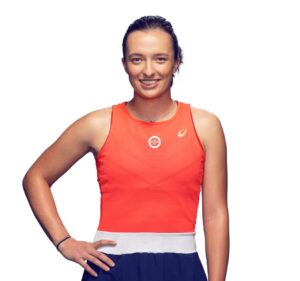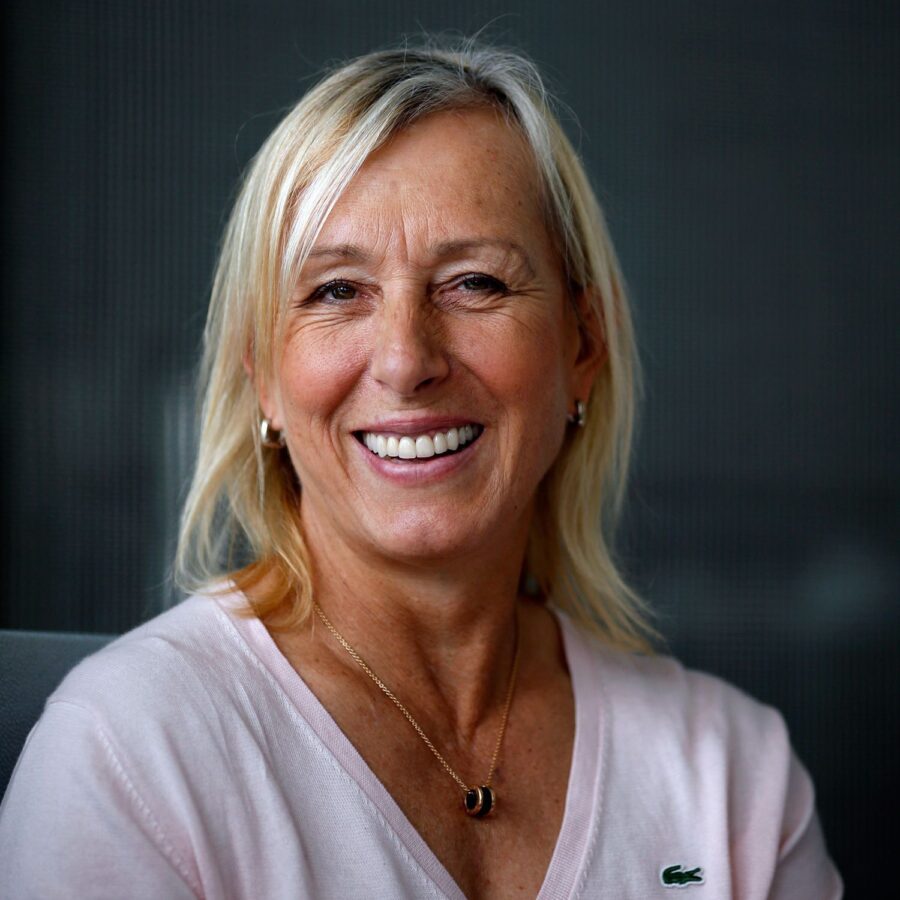PARIS – When you talk to Martina Navratilova one thing is clear before the conversation starts: the answers will be direct, sharp. The nine-time Wimbledon champion speaks as she used to play, taking the net and without fear of risk. Nor when she refers to Naomi Osaka, the axis of a highly sensitive debate on the circuit.
“I hope that she’ll play Wimbledon and that she will enjoy it, and really embrace it,” Navratilova, 65, told CLAY during a meeting in Paris on the sidelines of the French Open. The tennis legend also believes that Iga Swiatek is playing so well that she has almost forgotten what it’s like to lose. And that Carlos Acaraz is a new dimension in tennis.
– When you see Iga Swiatek, what do you see?
– She’s dominating and it’s great. She’s playing great tennis. Once you get on that winning streak it is easier to stay there than to get there. You almost forget how to lose. Good things kind of accumulate in a good way. I think het partnership with Thomas Wiktorovsky and also, her psychologist has been helping. She’s in a good space. She gives everything to the sport. She gives everything on the court but then she disconnects, and she does her own thing. And I think that’s important, that you don’t live with it 24 hours a day.
– That’s key?
– I think, so you stay fresh. Give it 100% when you’re on the court. Quality over quantity and then you let go and then do something else. Take the pressure of that way. She seems to thoroughly enjoy the competition. And I think that’s also key because I’ve seen a lot of people get so nervous about playing, about winning, they think about winning rather than playing the game. And they get too nervous, and she seems to be just totally in the moment, even the way she walks she’s ready for the next point.










